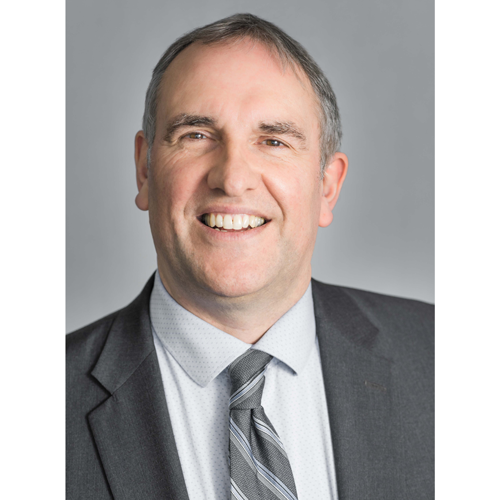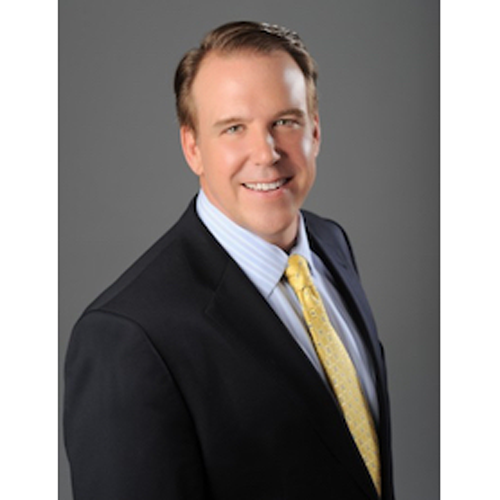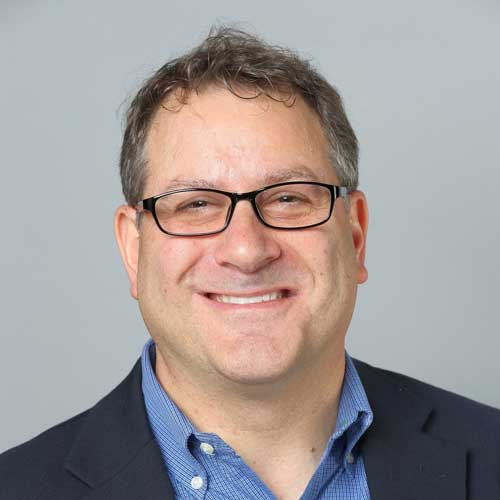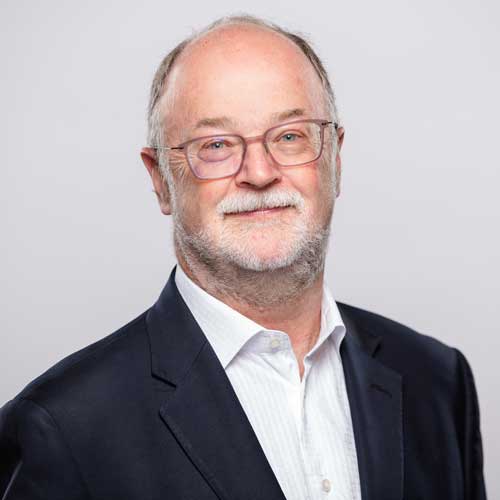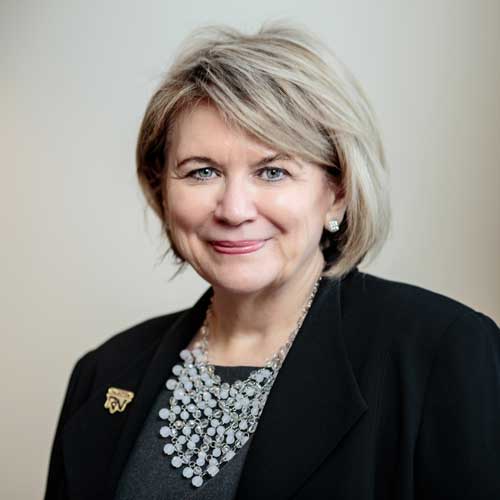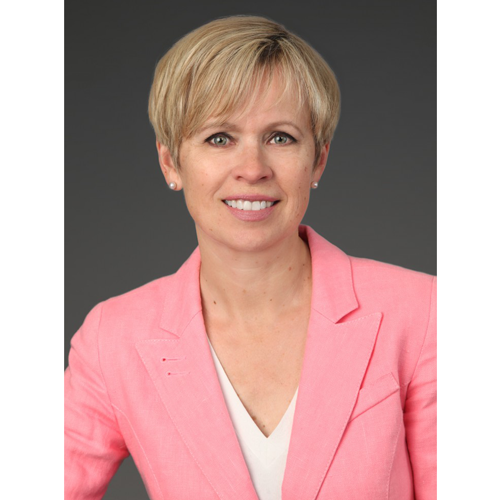Day One: Tuesday, May 31, 2022
10:00 EDT
15 minWelcome and Opening Remarks from the Chair
10:15 EDT
45 minNew Legislation, Cases and Trends
- Top cases of 2022 involving:
- Procedural fairness
- The duty to accommodate
- Charter challenges
- Professional misconduct and defences raised
- Criteria for screening complaints for possible referral to discipline
- What happens when a member criticizes the profession in social media?
- What to do about members who are providing misinformation?
- Legislative developments
- Current trends
11:00 EDT
45 minPromoting Diversity in Your Membership, on Your Boards and on Your Committees & Avoiding Discriminatory Adverse Impact
Rebecca Durcan, Co-managing Partner, Steinecke Maciura LeBlanc
- The public interest would suggest that your goal is to have your membership, boards and committees reflect the diverse general population
- How do you accomplish this goal?
- What steps are professional leaders taking?
- What’s working and what’s not?
11:45 EDT
45 minThe Changing Legislative Landscape: Implications for Regulators & Internationally Educated Professionals
Joan Atlin, Director, Strategy, Policy and Research, World Education Services
Karl Flecker, Associate Director of Policy and Advocacy, World Education Services
This session will outline some recent changes in the federal and Ontario legislative landscape that have the potential to impact a large community of international educated professionals and regulatory bodies. Growing labour and skill shortages, an alarming exodus of workers from some sectors, and the persistent underutilization of newcomers has piqued the public and media interest. An interactive discussion format will allow participants to explore what these developments signal for their community.
12:30 EDT
45 minBreak
13:30 EDT
45 minTrauma Informed Investigation – It’s Time!
Trauma informed investigations is a critical step to managing investigation processes and direct contact in a manner that creates a psychologically safe place for all those involved in an investigation. There are misconceptions, biases, and even poor practices that can create the scenario of a person being twice victimized. This session is a foundational overview of trauma informed investigations, designed as a starting point in one’s journey to inclusive, fair, safe, and accessible investigations. The program will cover such topics as:
- What is trauma and who experiences it?
- Concepts of intersectionality
- Understanding and avoid bias in our work
- Interviewing in a trauma informed manner
- Vicarious trauma and how to protect ourselves and maintain our own mental health
14:15 EDT
45 minOnline Communication and the Regulatory Context - Supporting Ethical and Professional Practice in the Age of Social Media
Do your members reach out regularly with questions about communicating with clients online? Are professional boundaries any different now? Have you had concerns about Council or Board members’ use of social media? When and how should regulators step in when social media use brings the profession into disrepute or creates risk? This session will explore:
- Pressure points – how members and Council members can get into trouble using social media and communicating online
- Protecting privacy – how regulators can respond to members breaching clients’ privacy and confidentiality online
- Practice Resources and Policies – how practice resources and governance policies can support the maintenance of clear and appropriate professional boundaries
15:00 EDT
15 minBreak
15:15 EDT
45 minTesting Accommodations - Exam Policies and Perils
John Hosterman, Chief of Accessibility and Disability Services, Paradigm Testing
- Goals of accommodation
- Levelling the playing field
- Ensuring access (which is different from success)
- Ensuring accommodations are individualized
- Challenges for testers when reviewing accommodation requests
- Engaging with candidates in an interactive process
- Ensuring a valid exam
- Considering the use of extra time
- Conditions vs disabilities
- Ensuring test integrity and test security
- Operational impacts
16:00 EDT
End of Day One
Day Two: Wednesday, June 1, 2022
10:00 EDT
15 minWelcome and Opening Remarks from the Chair
10:15 EDT
45 minWhat Risk-Based Regulation Looks Like at the Human Resources Professionals Association (HRPA)
Mara Berger, Associate Registrar, Human Resources Professional Association
Emily Sully, Policy Analyst, Human Resources Professional Association
HRPA is the regulatory body for Human Resources (HR) professionals in Ontario. Recently, HRPA has undergone a shift towards risk-based regulation. From this session, attendees will learn:
- What risk-based regulation entails,
- How HRPA identifies risks that the practice of HR poses and determines the severity of each risk,
- Ways that HRPA responds to high-risk areas of practice, and
- How success in implementing risk-based regulation is monitored through a practice-based assessment tool.
Attendees will be provided with practical resources they can use in their own organizations, including a risk roster, risk-based regulation practice-based assessment tool, and a FAQ about risk-based regulation
11:00 EDT
10 minBreak
11:10 EDT
50 minHuman Rights – Registrants, Accommodation, Addiction and Mental Illness
- Legislative and policy approaches to capacity and conduct
- Human Rights Law, disability and accommodation
- Alleged incapacity without misconduct
- Alleged incapacity or misconduct
- Alleged misconduct with unrecognized capacity issues
- Capacity orders as opposed to conduct orders
- Diversion
- Openness and disability
12:00 EDT
60 minBreak
13:00 EDT
60 minConducting Remote Investigations – Keeping it Real
The pandemic of 2020 and 2021 changed the way investigations were managed for many regulators and those they serve. This session covers the highlights of what is different in a remote investigation and addresses a number of questions and important points about the way we investigate, now and in the future:
- Does the investigation approach need to change?
- Gathering and managing evidence
- Interviewing considerations – can we still get what we need?
- Managing the technology challenges
- Privacy issues
- Advantages of remote investigations
14:00 EDT
45 minCan Regulatory Bodies Provide Services to Members? – Where Do You Draw the Line? Are We Seeing the End of Dual Mandates?
Joy Peacock, Chief Executive Officer (CEO) and Registrar, College of Registered Nurses of Alberta
The College and Association of Registered Nurses of Alberta (CARNA) was recently split into two organizations– a college and an association – pursuant to Alberta Bill 46
- Why? What was the problem?
- Can a college provide any services to its registrants?
- Where do you draw the line?
14:45 EDT
15 minBreak
15:00 EDT
60 minWhy So Many Merging Colleges?
Moderator: Julie Maciura, Partner, Steinecke Maciura LeBlanc
Cynthia Johansen, Registrar & Chief Executive Officer, BC College of Nurses and Midwives
British Columbia has considerable experience with regulators amalgamating (e.g., nurses and midwives) and the BC Ministry of Health has just announced that it is proceeding with amalgamation of the oral health colleges. Our panelists will discussion their first-hand experience with amalgamation and regulating more than one profession, including:
- What was the impetus behind amalgamation?
- What are the advantages and disadvantages?
- Unintended consequences
- Issues in the complaints and discipline process
- Special challenges when one profession has very few members
16:00 EDT
45 minPublic Expectations for Professional Regulators: CPSO’s Approach to Engagement and Our Learnings
Craig Roxborough, Director, Policy, College of Physicians and Surgeons of Ontario
- Why is patient and public engagement important to regulators?
- What can meaningful engagement with patients and the public look like?
- What can we learn from this engagement and how can we use it to help inform our
16:45 EDT
End of Day Two

